Whatever, in fact, is modern in our life we owe to the Greeks. Whatever is an anachronism is due to mediaevalism
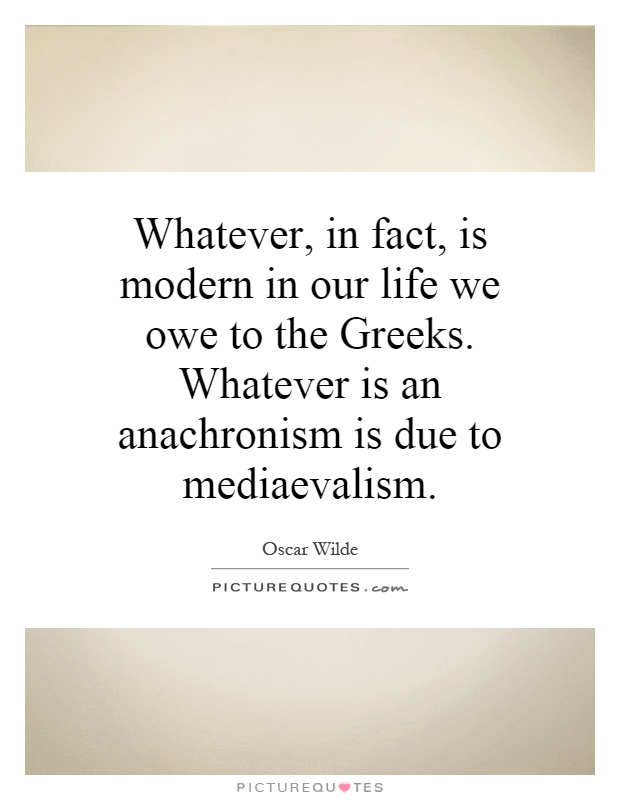
Whatever, in fact, is modern in our life we owe to the Greeks. Whatever is an anachronism is due to mediaevalism
Oscar Wilde, the renowned Irish playwright, poet, and author, was a firm believer in the influence of ancient Greek culture on modern society. He often expressed his admiration for the Greeks and their contributions to art, literature, and philosophy. In his famous essay "The Critic as Artist," Wilde famously stated, "Whatever, in fact, is modern in our life we owe to the Greeks. Whatever is an anachronism is due to mediaevalism."Wilde's assertion that modernity owes a debt to the Greeks is a sentiment that has been echoed by many scholars and historians. The ancient Greeks were pioneers in various fields, including philosophy, mathematics, science, and the arts. Their ideas and innovations laid the foundation for many of the advancements that we enjoy today. From democracy to theater, from architecture to literature, the Greeks left an indelible mark on Western civilization.
Wilde's admiration for Greek culture is evident in his own works. He often drew inspiration from Greek mythology and literature, incorporating themes and motifs from ancient Greece into his plays and poems. In "The Picture of Dorian Gray," Wilde explores the concept of beauty and morality through the lens of Greek tragedy, drawing parallels between the downfall of Dorian Gray and the tragic heroes of Greek mythology.
On the other hand, Wilde's disdain for medievalism is also apparent in his writings. The Middle Ages, with its emphasis on tradition, hierarchy, and religious dogma, represented a stark contrast to the progressive and innovative spirit of ancient Greece. Wilde saw medievalism as a hindrance to artistic and intellectual growth, a force that stifled creativity and individuality.






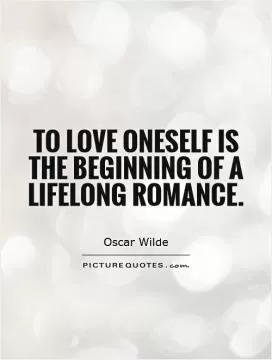

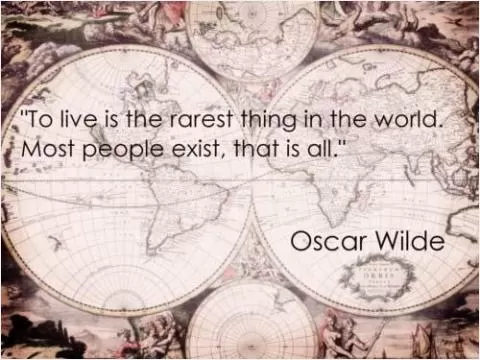
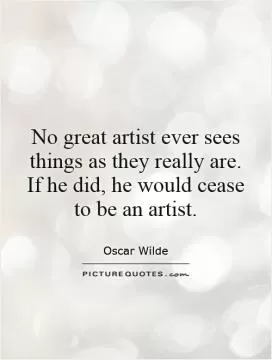

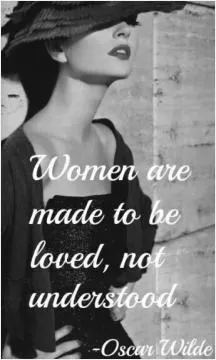
 Friendship Quotes
Friendship Quotes Love Quotes
Love Quotes Life Quotes
Life Quotes Funny Quotes
Funny Quotes Motivational Quotes
Motivational Quotes Inspirational Quotes
Inspirational Quotes